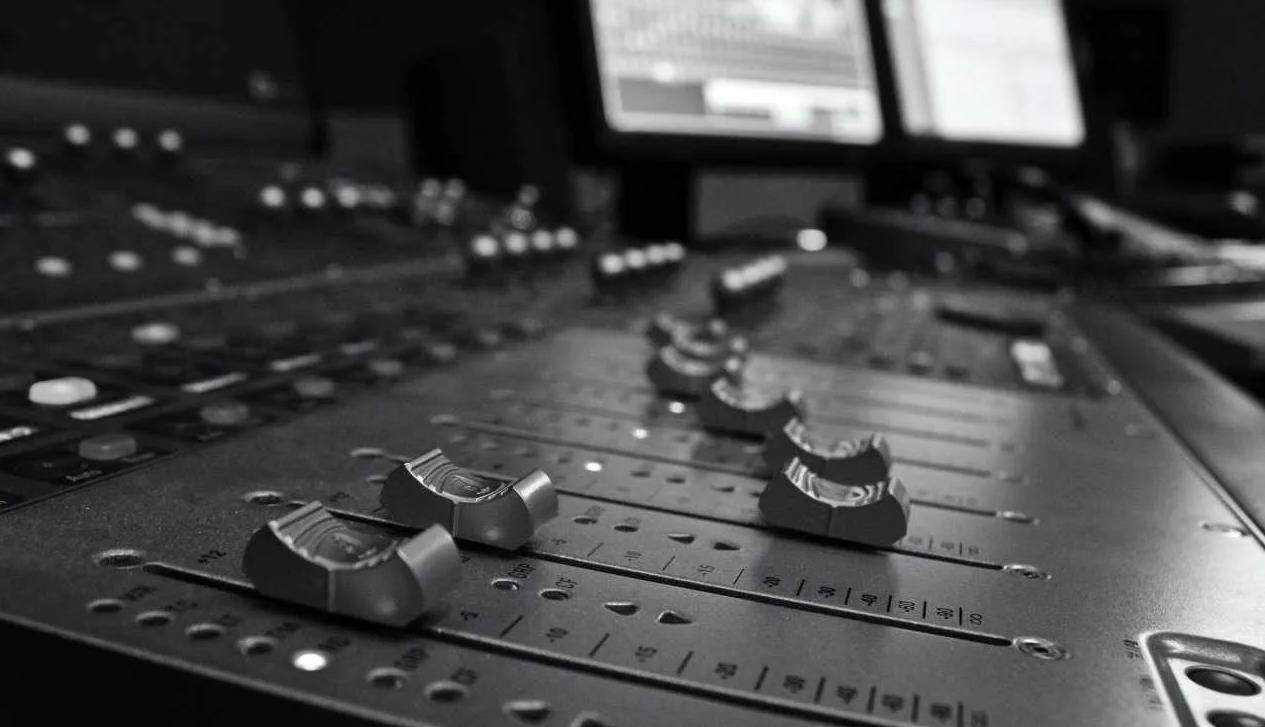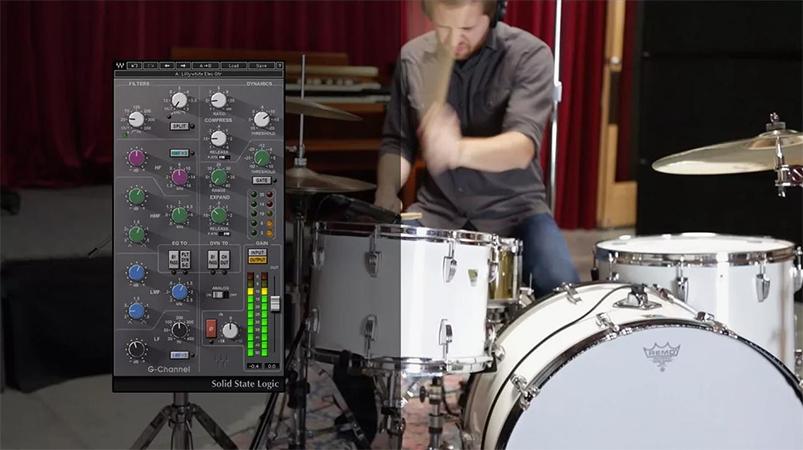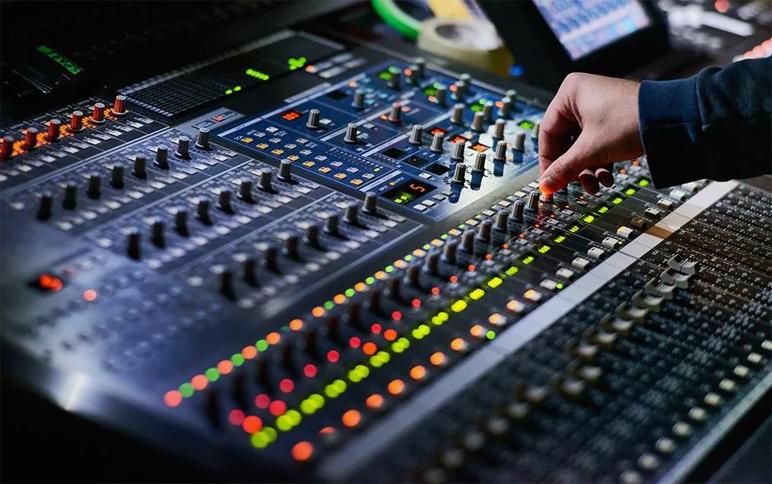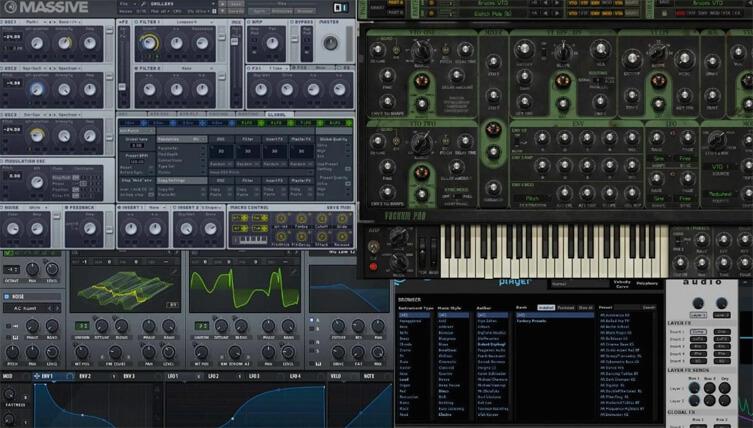Difference between mixing & mastering

There is often a lot of confusion among people regarding the distinction between mixing and mastering music. Frequently, questions like “which one is better – mixing or mastering?”, “where can I download mastering?”, or “can I do mixing or mastering online?” arise.
This confusion stems from a lack of understanding about the fundamental nature of these terms. However, with a bit of exploration into this subject, everything becomes much clearer.
Let’s clarify the situation and establish the difference between mixing music and mastering.
What is the difference between mixing and mastering music in simple words?
To put it simply, mixing music involves manipulating and blending individual audio tracks to create a cohesive overall audio mix, while mastering focuses on enhancing an already mixed track without the ability to modify individual audio elements. In other words, mixing is about shaping and balancing the elements within a song, while mastering is about optimizing the final mix for distribution and playback.
What is music mixing
Mixing, also known as mix engineering, involves the creation of a cohesive and high-quality sonic representation where all elements are well-balanced and nothing feels excessive.
The sound engineer’s role in mixing is to bring together all the individual elements, resolving any conflicts between them and adding what may be missing to achieve a harmonious blend.
Types of music mixing
Mixing voice with a minus
This type of information is popular among aspiring performers.
The backing track is provided as a unified audio file, without the option to edit its individual elements.
The vocals are processed and mixed together with the music, ensuring a consistent balance in terms of volume, dynamics, spatial presence, and more.
Multitrack mixing
Experienced performers often favor this format, as it offers several advantages.
The backing track is provided as individual tracks, allowing for independent editing of each component.
This provides a plethora of opportunities to achieve the utmost quality and desired outcome.
What is mastering in music
Mastering entails the final stage of refining an already mixed track, without the ability to modify its individual components.
The purpose of mastering is to address minor mixing flaws, achieve the optimal sound quality for the track, and prepare it for release on various platforms and media.
A mastering engineer, possessing a fresh perspective on the track’s sound (unlike the mix engineer who worked on the mix), undertakes this task.
Additionally, the mastering engineer’s ear is often more discerning, capable of capturing subtle nuances and imperfections within the mix.
They critically evaluate the overall sonic image and identify areas that require improvement.
What is mastering for?
Apart from enhancing the sound quality of the mix, the mastering engineer also tailors various versions for different platforms and media. These include radio, television, streaming services, vinyl records, and CDs.
Each platform or medium has specific demands concerning file formats, resolutions, volume levels, frequency ranges, and signal dynamics. It is essential for the mastering engineer to be well-informed about these specific requirements in order to meet them accordingly.
Mastering types
Analog Mastering
Analog mastering involves employing high-quality and costly sound recording and processing equipment.
This includes a range of mastering compressors, equalizers, limiters, and other devices.
One notable characteristic of these devices is their phase linearity, which helps maintain the integrity of the audio signal. Additionally, they contribute to a pleasant sound coloring by introducing pleasing harmonics across the frequency spectrum.
Digital mastering
The digital mastering process relies on VST plug-ins that simulate analog equipment, although some plug-ins have unique algorithms and sound characteristics of their own.
Mastering can be further categorized into classical mastering and stem mastering.
Classical mastering involves working on the overall mix, whereas stem mastering focuses on processing groups of instruments that constitute the entire mix.
Stem mastering shares similarities with mixing a multitrack, but it remains within the realm of mastering.
What do you need for mastering
Mastering necessitates specific working conditions, including a purpose-built and acoustically treated room, along with top-tier professional equipment.
Essential tools for this craft are high-end studio monitors (speakers) and specialized mastering headphones.
The equipment used in mastering should surpass the quality of the mix engineer’s gear to ensure that subtle nuances emerge during the listening process, which may have gone unnoticed on the sound engineer’s equipment.
Mixing or mastering – which is better?
The question itself is fundamentally flawed as mixing and mastering are distinct yet interconnected processes.
A well-executed mix can stand on its own without requiring additional mastering. However, attempting to master a poorly mixed track would yield minimal benefits.
During the mixing stage, it is possible to achieve a satisfactory sound even from sources that may not be of the highest quality. Further improvements can be made during the mastering stage.
However, it is important to note that mastering should not drastically alter the sound of the mix but rather enhance it subtly.
If significant adjustments are necessary during mastering, it indicates that the mix should be refined during the mixing stage before proceeding with mastering.
Conclusion
- Mixing involves working with individual audio tracks to create a cohesive sound, while mastering focuses on refining and adapting already mixed tracks for different listening environments and venues;
- Mixing is performed by a sound engineer (mix engineer), whereas mastering is handled by a mastering engineer;
- The mix engineer and the mastering engineer operate in distinct environments, allowing the mastering engineer to perceive nuances that may have been overlooked during the mixing stage;
- During mastering, subtle adjustments are made. If significant changes are necessary, the mix is typically returned to the mix engineer for further revisions;
- The mastering engineer prepares multiple versions of the track to meet the specific requirements of different platforms and ensure compatibility for publication.










